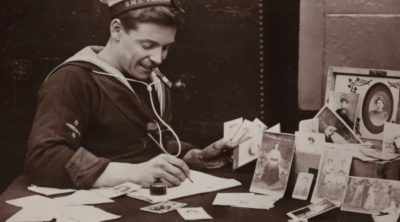The best non fiction books provide facts as well as insight. Encyclopedias inform without exciting us. By contrast, these books combine history with a unique perspective to change our ideas of the real world. We can only reshape what we believe if we get new information about the way things are.
These 3 books present incredible theories, insightful predictions, and researched evidence to make a point. They remain relevant long after you’ve closed the cover and moved on. The best non-fiction books can change you. Read on to learn about a few to add to your reading list.
The Sixth Extinction by Elizabeth Kolbert
The Sixth Extinction won the Pulitzer Prize based on a simple, irrefutable premise: that mass extinctions have struck planet earth five times in the past. Kolbert’s conclusion based on this fact comes from the progression of the modern age. She calls it “an unnatural history.” In other words, she believes that humans will cause the sixth extinction.
Kolbert cites the human impact on both the environment and on evolutionary processes to make her case. She writes not from the perspective of a complex scientific paper but of a conversation. Her gift of prose turns complicated science into relatable language. Even if you don’t agree that the next extinction will come from within, she makes a compelling and accessible case for the latest theory on the end of the world.
How to Do Nothing by Jenny Odell
We’re moving on from a cautionary tale about the future to a helpful guide about the present. Jenny Odell’s How to Do Nothing: Resisting the Attention Economy focuses on our modern society. Specifically, it concerns why we think we need to be doing something, all the time. It borrows from Eastern doctrine to assess Western capitalist society. Thus, this book could be a challenge to many of our lifestyles!
However, it could do a lot of us some good. Learning how to do nothing (because it’s not that easy!) may be the gateway out of stress and unhappiness for a lot of busybodies. Instead of obsessing over doing something all the time, this book could teach you the value of doing nothing. It may even make you a better writer.
Sapiens: A Brief History of Humankind by Yuval Noah Harari
Sapiens may not fit everyone’s definition of “brief” (it’s 443 pages long). However, it may be brief compared to human history, if you think about it that way. This book compiles natural and social science into a compendium of knowledge. Its goal involves a greater understanding of ourselves.
The book uses a 4-part structure to tell our story, starting with the birth of imagination in 70,000 BCE and progressing to the evolution of objective science. Sapiens hopes to be more than a history of the world or science: it becomes a history of thought. Therefore, this may be the most important book on this list.
The Takeaway
The best non fiction books inform as well as engage. This list compiles 3 modern classics that will challenge the way you think of your life and the world around you. They belong on anyone’s reading list.


